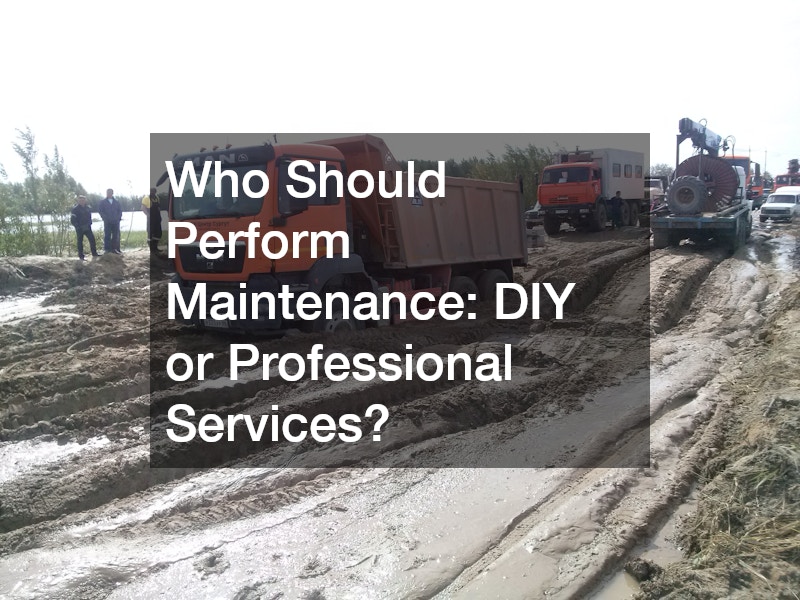Understanding the importance of stormwater ponds and how proper maintenance contributes to environmental sustainability is crucial. Stormwater ponds not only help manage water runoff in urban landscapes but also support ecological balance by serving as habitats for various aquatic species.
Proper maintenance of these ponds can significantly reduce pollution, improve water quality, and promote biodiversity in the area. Regular upkeep is integral to ensuring that these man-made structures function effectively and contribute positively to the local environment. Community involvement and awareness play important roles in achieving sustainable storm water maintenance WA.
What is Stormwater Pond Maintenance? (WA)
Definition and Purpose
Stormwater pond maintenance involves routine activities designed to ensure these structures are functioning correctly and efficiently. The purpose of maintaining these ponds is to manage stormwater runoff and mitigate the impact of urbanization on natural waterways.
In urban and suburban areas, stormwater ponds act as essential components in controlling high water volumes during rainy periods. They help in reducing the risk of flooding and capturing pollutants before they enter local water bodies.
Local Regulations and Guidelines
Washington State has specific regulations and guidelines governing stormwater pond maintenance. These laws ensure that stormwater ponds are maintained in a manner that minimizes environmental harm and supports local wildlife.
Compliance with these regulations is vital for property owners, as failure to maintain stormwater ponds can lead to penalties. Understanding and adhering to these guidelines promotes sustainable practices and enhances the effectiveness of storm water maintenance WA.
Why is Regular Maintenance Important?
Preventing Water Pollution
Regular maintenance of stormwater ponds is crucial in preventing contaminants from entering local water sources. Contaminants such as oils, fertilizers, and debris can accumulate in ponds, threatening water quality.
Efficient stormwater pond maintenance helps in filtering these pollutants, ensuring cleaner water releases. By preventing pollution, we safeguard drinking water sources and enhance the health of aquatic ecosystems.
Preserving Local Ecosystems
Stormwater ponds play a vital role in preserving local ecosystems by providing habitats for indigenous wildlife. Maintenance activities must focus on balancing storm water management with ecological preservation.
Healthy ecosystems support a variety of plant and animal species, contributing to biodiversity. Regular maintenance helps in ensuring that these ponds support vibrant and balanced local ecosystems.
How to Conduct Routine Inspections?
Inspection Checklist
A detailed inspection checklist is crucial for effective stormwater pond maintenance. Homeowners should look for signs of erosion, debris accumulation, and water discoloration during inspections.
Checklists guide property owners in identifying potential issues before they escalate. Routine inspections using checklists ensure that ponds remain functional and environmentally supportive.
Frequency of Inspections
The frequency of stormwater pond inspections depends on factors such as location, climate, and surrounding land use. It’s recommended that ponds be inspected at least twice a year, or more frequently during rainy seasons.
Regular inspections help in identifying and addressing maintenance issues promptly. By maintaining a consistent inspection schedule, property owners can enhance the longevity and effectiveness of stormwater ponds.
What are the Key Maintenance Activities?
Debris Removal and Vegetation Management
Removing debris and managing vegetation are essential tasks in stormwater pond maintenance. These activities prevent blockages and keep the ponds functioning efficiently.
Regularly removing debris such as leaves, branches, and trash ensures that water flows freely through the pond system. Vegetation management helps in controlling invasive species and maintaining aesthetic appeal.
Who Should Perform Maintenance: DIY or Professional Services?
Pros and Cons of DIY Maintenance
DIY maintenance of stormwater ponds allows for cost savings and hands-on involvement. However, it requires knowledge and time commitment that not all property owners can afford.
Handling maintenance tasks personally can lead to a better understanding of pond needs but may carry risks if inadequately performed. It is crucial to weigh the potential benefits and drawbacks before opting for a DIY approach.
Stormwater pond maintenance is a key aspect of environmental stewardship, contributing to water quality and ecosystem health. Regular inspections and adherence to maintenance practices prevent pollution and enhance local flora and fauna.
Whether choosing DIY methods or professional services, responsible stormwater pond care is vital for urban sustainability. A collective commitment to maintaining these systems can foster vibrant communities and healthier natural environments.
.




